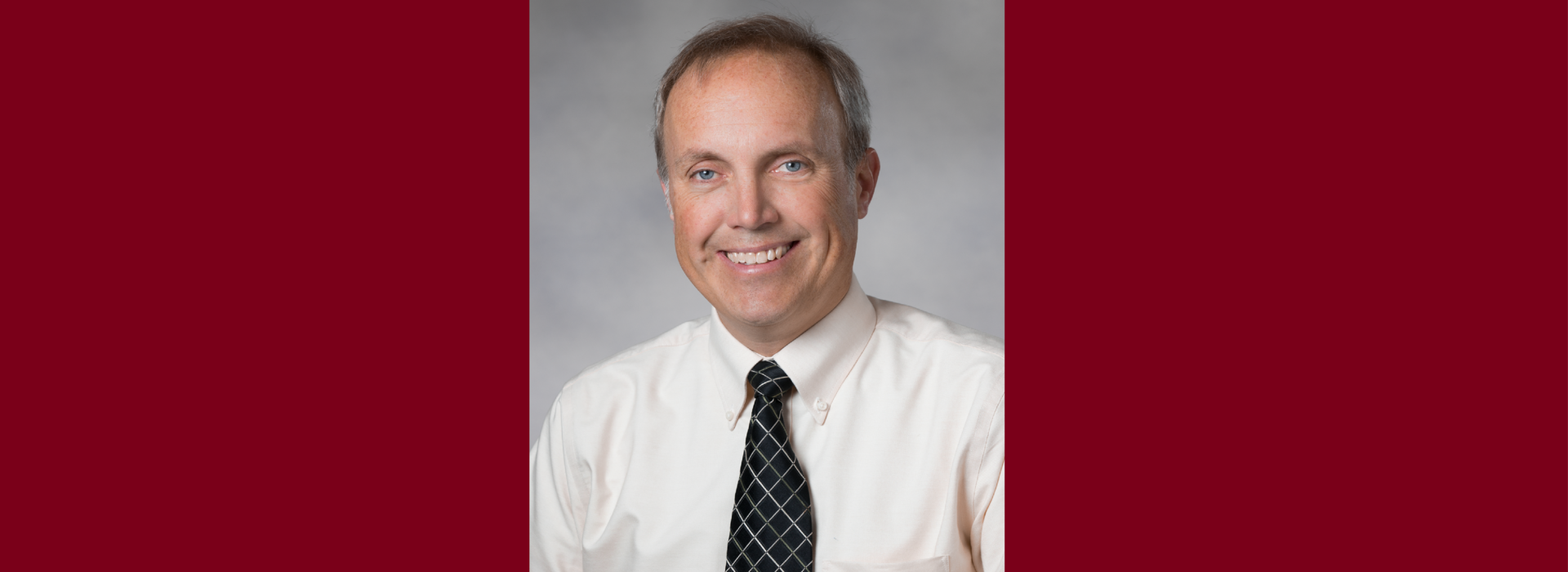
Alumni Spotlight: Dr. Timothy Kleinschmidt
Dr. Timothy Kleinschmidt understands the need for high-quality health care in smaller communities. Before attending medical school, he was pursuing a path as a clinical psychologist. During that time, he recognized that he had an even stronger desire to become a physician. He entered the University of Minnesota Medical School at Duluth, leaning toward primary care.
Dr. Kleinschmidt noted family some influence, adding, “My mom was a long-time hospital nurse. She always talked about the role of internists and quarterbacking the hospital team.” He decided that internal medicine best fits his strengths and interests. He left Minnesota to complete his residency at Dartmouth. When he finished, he wasn’t expecting to return to Duluth but realized it made sense. “I knew I wanted to teach and return to somewhere in the Midwest, and I also knew I wasn’t a big-city guy.”
There are unique health care issues in smaller communities. In Duluth, Dr. Kleinschmidt sees a mixture of patients from the Duluth area and many from surrounding rural communities. The expansion of telehealth has greatly increased patient access to their health care teams. However, for in-person visits rural patients still often face transportation issues. Long commutes to care can deter patients from completing important tests and procedures. In addition there can be a high number of underinsured patients in these rural populations.
When asked about access to care for rural populations in Minnesota, Dr, Kleinschmidt said, “I think it is better in Minnesota than many other states.” He added, “The quality of care for rural populations is better in Minnesota, I think, because of the Medical School especially the Duluth campus. I think we undervalue these assets and without them, Minnesotans would not have the quality of care and access to care that we do.”
It’s worth noting that about 70 percent of Minnesota health care providers are trained at the University of Minnesota. Teaching has always been important to Dr. Kleinschmidt. In his opinion it helps you become a better doctor. As he describes, “When we teach, we learn. And, it is important to learn the humanity of medicine. We need to listen and be present with the patient. When people know that you care, they tend to be more interested in their own health.”
Dr. Kleinschmidt explained that there are now fewer internal medicine doctors that do both hospital practice and primary care clinic on a daily basis. In his opinion, compartmentalization of care has sometimes interfered with establishing and maintaining relationships with patients. He shared, “I have the luxury of seeing patients for their annual physical, but also to be there when they are critically ill in the hospital. Having those relationships makes every aspect of their care so much easier.“
About his many years in practice, Dr. Kleinschmidt still feels a sense of gratitude. He added, “The ability to be involved in people’s lives and help them navigate their health still means a great deal to me.”